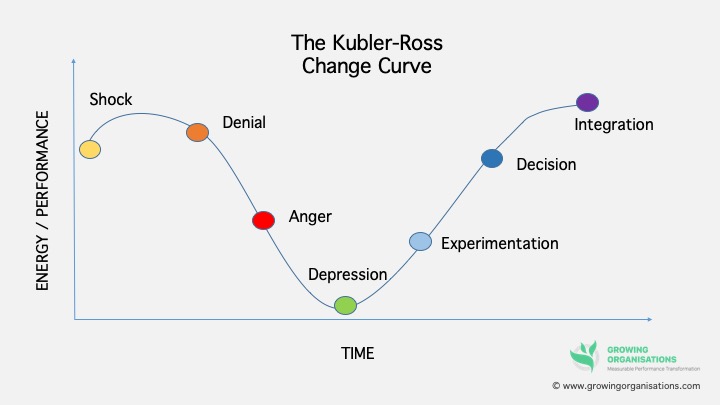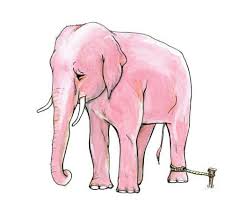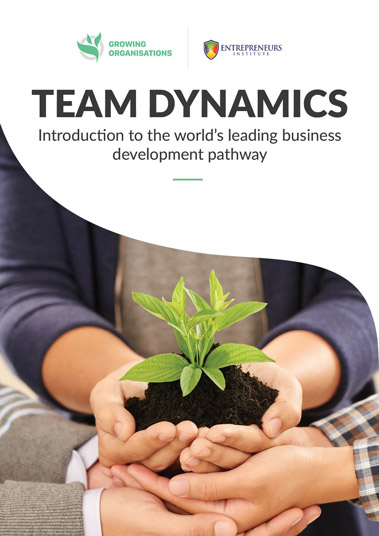It’s common for entrepreneurs to feel alone
Being a business owner can be extremely exciting and satisfying but also, at times, very isolating. In fact, isolation and loneliness are two of the biggest issues reported by Kiwi small business owners.
You may have a supportive partner, patient friends, and even a great team of employees, but it’s still common to feel alone when it comes to many aspects of your daily grind and growing your business.
If you work mostly alone, you may recognise some of these experiences reported by business owners:
- Watching other business owners and feeling they know what they’re doing and getting ahead while you feel a bit lost and inadequate.
- Having to make all decisions alone and wishing you had someone to bounce ideas off or get some genuine fresh perspective.
- Missing (at least sometimes) the camaraderie and community of working with others, especially if you used to work in corporate.
- Consuming so much information and advice by yourself from online and print sources that you actually get analysis paralysis and don’t move forward.
- Hitting a wall, running out of product ideas, or feeling your business has become stagnant.
- A lack of accountability.
- Running low on money as you pay out for a different specialist consultant every time you need to move a particular part of your business forward.
- Thinking that only you know the answers for your business so it’s not worth consulting others on the topic.
- Opposition from loved ones and friends who simply don’t understand your world.
- Wondering what the government can do next to make business harder, not easier.
Competition or Collaboration?
Many of us have been led to believe we must see other business owners as competitors and therefore fiercely guard ourselves and our businesses from the outside world; share ideas with nobody and never reveal our vulnerabilities. But these days, liberated entrepreneurs are realising that a collaborative and supportive model breeds much more success and happiness than the competitive model. In a business world consisting of one (i.e. you), your business growth can be unnecessarily stunted, sometimes without you even knowing it.
No matter how independent you are and how well you do by yourself, your business (and you!) will always benefit from support in some form or another. Of course, each business owner needs to manage the level of alone time and collaboration time, and this level will differ depending on your personality and the nature of your business: it’s just a case of finding what works for you. But one thing’s for sure, if you can break out of your bubble of isolation, not only will you see your business thrive like never before, but you will also deepen your personal feeling of fulfillment.
So who should you turn to?
Although you may frequently ‘sound off’ or seek advice from your spouse, friends, or employees, it’s never quite the same as having the support and guidance of other like-minded business owners. Those who’ve either been there and done that or those who are currently going through similar things to you.
Get social
You may join online social networks, a co-working space, or attend regular networking events in your local area. Attendance at such networking events can have more benefits than just getting you out of the house/office. Even if you don’t consider yourself a sociable ‘people-person’, they can have huge impacts on you and the success of your business.
Get a coach
Another option is to contract a regular coach or mentor to help you along your journey. A good quality coach or mentor can make a significant difference to the growth of your business. These experienced business people can help you see what others can’t see, help you make strategic decisions, help you develop the capabilities of your team, and strengthen your mental toughness for success in business and life.
Join a group of owners and learn together
A time- and cost-effective way to get regular support that is becoming increasing popular is group coaching programmes. These usually offer regular workshops or seminars with experts, hands-on group task sessions, Q&A sessions, mentoring, phone and online coaching support, and much more, depending on the programme.
Benefits of group coaching programmes include:
- a ready-made support network of diverse business owners
- access to the advice of professional coaches and mentors and their networks
- instant advocates for your business
- strategic partnerships and collaboration
- mental and emotional support through the tough times
- help with feedback, accountability and decision-making
- more heads to work on your problems and come up with custom solutions
- sharpening of your skills – networking, presentation/pitching, negotiating, etc.
- enriching personal and professional relationships
- without losing you independence and control of your business
These groups can help breathe fresh air into your business in order to accelerate success, re-motivate yourself, and equip your business for the challenges which lie ahead.
You may think it’s good to mix only with people from your own industry but sometimes the best and freshest ‘out-of-the-box’ ideas come from those who are in a different field with no knowledge or presuppositions about your specific area of business. Principles are universal but applications vary, and something tried elsewhere might give you a breakthrough.
The Growing Organisations SME Owners’ Coaching Programme
At Growing Organisations we have been excited to launch our own group coaching programme for SME owners, which deals with the realities of NZ business. We take a good ol’ Kiwi approach – head-on, straight-talking, down-to-earth, and with genuine professional and peer support.
At our monthly seminars and workshops you get to:
- meet like-minded people
- bounce ideas off others
- get genuine feedback and support
- learn new things to directly implement in your business
- belong to a supportive and trusted group of business leaders who are helping each other grow their businesses by taking consistent action.
As well as the monthly in-person session, the programme includes a 1:1 coaching call, a members-only online toolbox, Q&A sessions with experts, and peer review meetings & pop-up workshops.
This programme is perfect for you if you are an Auckland-based business owner with a vision to grow your business and the commitment to take consistent action to achieve your goals. If you understand the power of collaboration and are keen to share your own experiences as well as learning from the lessons of others, get in touch or visit our SME Owners’ Programme page for more information.
Are you ready to take the step from lone-wolf to member of a supportive network to accelerate the growth of your business?
This programme is eligible for partial funding under the Regional Business Partners Network Management Capability Voucher Fund.
Receive up to 50% funding for our programme, designed to help Auckland SMEs navigate the rocky business landscape of 2020 and beyond
Get in touch to find out more or for help you with your application.
Further Reading
Is Your Business Relevant Right Now?
Reset & Relaunch – A New Beginning For Your Business
Where Are You On The Change Curve?
3 Ways to Keep Spirits Up In Tough Times












